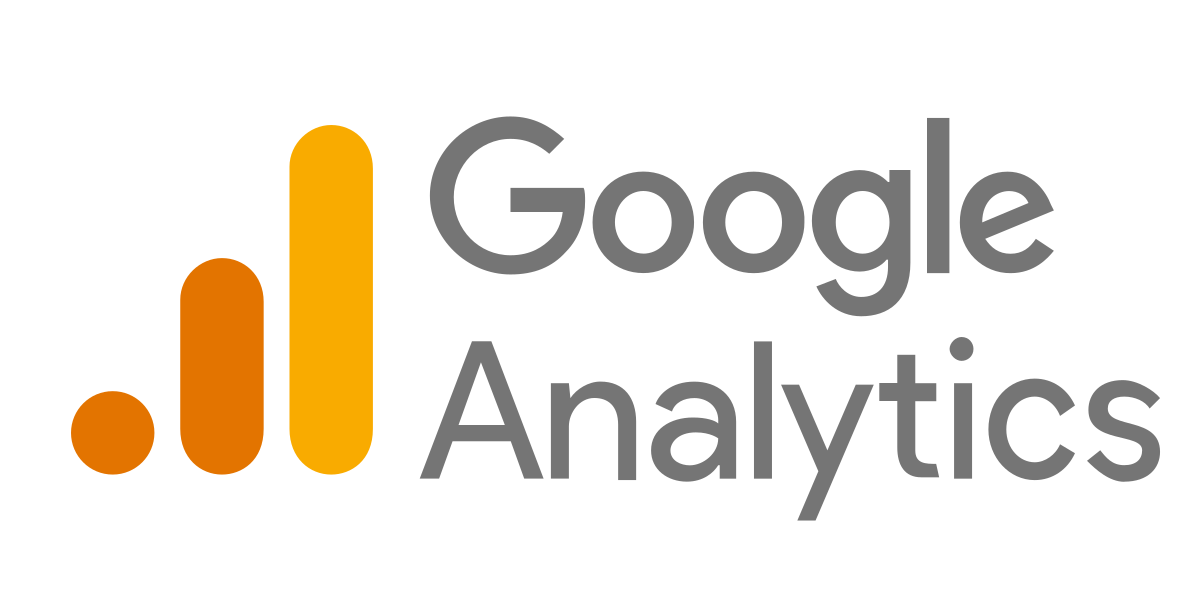
In this current digital age, understanding the performance of your website is crucial for success. Whether you’re running a personal blog, an e-commerce store, or a corporate website, having insights into your audience’s behavior can help you make informed decisions to improve your online presence. One powerful tool that provides these insights is Google Analytics. In this beginner’s guide, we’ll explore what Google Analytics is, why it’s important, and how you can get started with it.
What is Google Analytics?
Google Analytics is a free web analytics service offered by Google that tracks and reports website traffic. It provides valuable insights into various aspects of your website’s performance, including:
- Visitor demographics (such as age, gender, and location)
- Traffic sources (where your visitors are coming from)
- User behavior (what pages they visit, how long they stay, etc.)
- Conversions (goals completed, such as making a purchase or signing up for a newsletter)
Why is Google Analytics Important?
Understanding how users interact with your website is essential for optimizing its performance and achieving your business goals. Here are some key reasons why Google Analytics is important:
- Data-Driven Decision Making: By analyzing data collected by Google Analytics, you can make informed decisions to improve your website’s user experience, content strategy, and marketing efforts.
- Identifying Opportunities: Google Analytics helps you identify areas of improvement and opportunities for growth, such as optimizing underperforming pages or targeting new audience segments.
- Measuring Campaign Effectiveness: Whether you’re running email marketing campaigns, social media promotions, or pay-per-click (PPC) ads, Google Analytics allows you to track the effectiveness of your marketing efforts and measure ROI.
- Optimizing Conversions: By setting up goals and tracking conversions, you can identify bottlenecks in your conversion funnel and implement strategies to improve conversion rates.
Getting Started with Google Analytics:
Now that you understand the importance of Google Analytics, here’s a step-by-step guide to getting started:
1. Sign Up for Google Analytics:
- Visit the Google Analytics website and sign in with your Google account.
- Follow the prompts to create a new Google Analytics account and property for your website.
2. Install Tracking Code:
- After creating your account and property, you’ll be provided with a tracking code snippet.
- Copy and paste this code snippet into the HTML of your website’s pages, just before the closing </head> tag.
3. Set Up Goals and Funnels:
- Define goals that align with your website’s objectives, such as making a purchase, filling out a contact form, or subscribing to a newsletter.
- Set up goal funnels to track the steps users take leading up to a conversion.
4. Explore Reports:
- Once the tracking code is installed and data starts flowing into Google Analytics, you can explore various reports to gain insights into your website’s performance.
- Common reports to start with include Audience, Acquisition, Behavior, and Conversions.
5. Customize and Experiment:
- Google Analytics offers a wide range of customization options, allowing you to tailor reports and dashboards to suit your specific needs.
- Experiment with different settings, filters, and segments to uncover valuable insights about your audience and website performance.
Conclusion:
Google Analytics is a powerful tool that provides invaluable insights into your website’s performance and user behavior. By leveraging its features and capabilities, you can make data-driven decisions to optimize your website, attract more visitors, and achieve your business goals. Whether you’re a beginner or an experienced marketer, mastering Google Analytics is essential for success in today’s competitive online landscape. So, start exploring, analyzing, and optimizing your website with Google Analytics today!